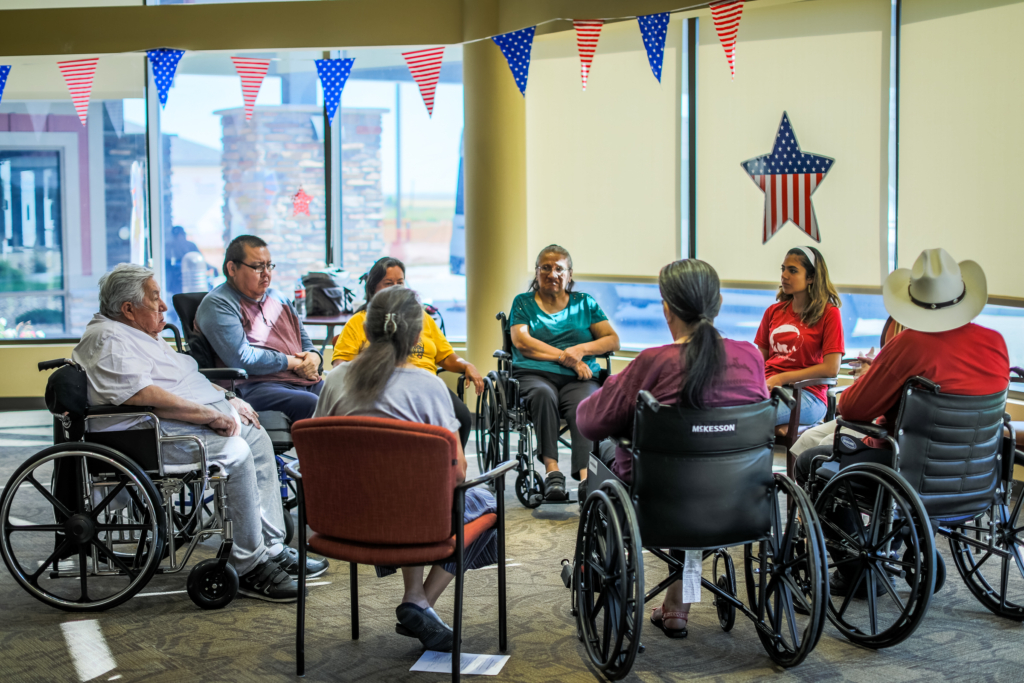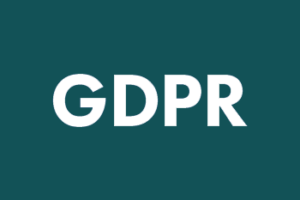
Regulating nervous system through mind-body connection
At CMBM, each training, exercise, and even meeting begins with one of the simplest and most powerful mind-body medicines: slow, deep, soft-belly breathing. By breathing slowly in through your nose and out through your mouth, you relax and ground yourself in the present.
Breathing this way helps to activate your vagus nerve, which relaxes the body, slows your heart rate, and lowers blood pressure. It also works on our brain, quieting activity in the Amygdala, which is the center for fear and anger. Breathing this way stimulates the frontal cortex, which is responsible for judgment, compassion, and self-awareness. It makes it easier to connect with and bond with other people.
Mind-body medicine also involves active physical techniques like shaking, dancing, and faster breathing. These techniques break up the body’s anticipation of more trauma, disrupting patterns of tensions that trauma brings. It can help people unfreeze themselves from stasis, getting unstuck from isolation by returning vitality throughout the body and mind .
Mind-body medicine helps us to gain control over our thoughts and feelings by regulating our nervous system. These practices, usually done in group settings, have proven to be exceptionally powerful and accessible for people suffering from PTSD, no matter their age, demographics, or traumas.
CMBM research that supports improvement in PTSD symptoms
CMBM research has consistently shown that mind-body programs reduce the percentage of study participants who qualify for the diagnosis of PTSD.
For Palestinian children and adolescents living amidst ongoing violence and economic hardship in Gaza, PTSD is extremely common. Using mind-body medicine techniques, research in 2011 demonstrated a 91% reduction in participants who qualified as having PTSD, along with significant decreases in depression and hopelessness. Reductions in hopelessness were fully maintained and reductions in PTSD and depression were largely maintained at 7-month follow-up. 86% of adult Palestinians suffering with PTSD who participated in a mind-body medicine study in Gaza had significantly reduced PTSD, depression, and anxiety symptoms. For high school students in Kosovo, mind-body medicine provided an 82% reduction in those who qualified as having PTSD.
The community- and institution-based application of CMBM’s model has consistently reduced the percentage of participants who qualify as having PTSD by 80% or more. Kids, adolescents, and adults are less angry, more compassionate to others, more hopeful about the future; they sleep better, focus better at school, and perform better at work.
Learn mind-body techniques to help heal trauma
Perhaps the most exciting aspect of mind-body medicine is that our trainings and techniques are accessible to diverse populations, regardless of age or experience. CMBM collaborates with community leaders around the world to provide the resources and skills for transformative population-wide healing. In rural Kosovo, high school teachers—whose only training in psychology was provided by CMBM—led trainings that reduced PTSD for their students. Peer Counselors at Marjory Stoneman Douglas High School, following the now-infamous deadly school shooting there in 2018, went through a year-long CMBM training. Their community saw significantly decreased anxiety, and they had improved self-regulation and pathways thinking (ability to develop the specific strategies to reach defined goals).
Are you interested in how CMBM can be used to improve the lives of those in your community with PTSD or suffering through trauma? Enroll in a CMBM Training program, and join the health care clinicians, social workers, educators, clergy, and other community leaders and professionals who deliver CMBM’s clinical intervention model to children and adults in diverse settings.



